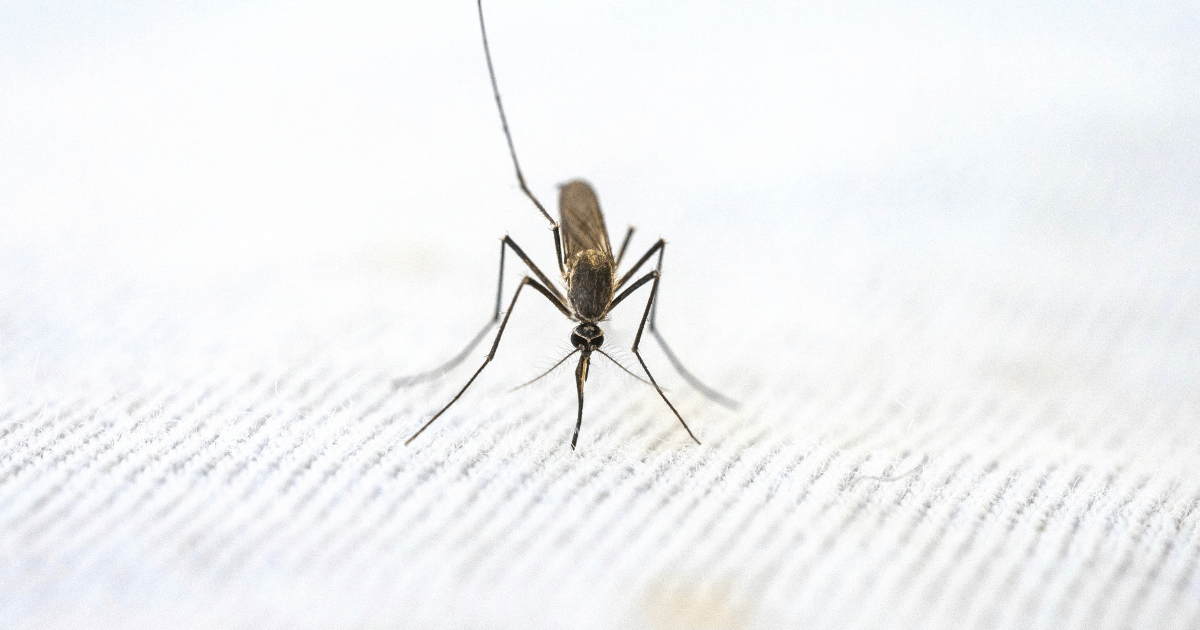India’s efforts to make malaria a notifiable disease nationwide and its commitment to eliminating the disease by 2030 show great progress. Collaboration between ministries and stakeholders, as well as sharing resources and knowledge, are essential for success. Continued focus on awareness, detection, diagnosis, and treatment will help India achieve its malaria-free vision.
The Health Ministry has also initiated a joint action plan with the Ministry of Tribal Affairs for malaria elimination in tribal areas. Malaria will soon become a notifiable disease across India, with states like Bihar, Andaman and Nicobar Islands and Meghalaya are also in the process of putting this vector-borne disease in the category. Following this, it will be required by law that cases be reported to government authorities, a report in the Hindu stated.
Currently, malaria is a notifiable disease in 33 states and union territories in India. A senior Health Ministry official said this is part of India’s vision to be malaria-free by 2027 and to eliminate the disease by 2030. The Health Ministry has also initiated a joint action plan with the Ministry of Tribal Affairs for malaria elimination in tribal areas, the report said.
India is one of the countries that endorsed the malaria elimination roadmap of the Asia-Pacific Leaders Alliance at the East Asia Summit in 2015, which galvanised the region in striving to become malaria free by 2030. India has made tremendous progress in its malaria elimination journey — observing a reduction of nearly 66 per cent in its official malaria burden between 2018 and 2022.
Malaria is a potentially life-threatening disease caused by parasites that are transmitted through the bite of infected female Anopheles mosquitoes. Mansukh Mandaviya, Union Minister for Health & Family Welfare, said that India has witnessed 85.1 per cent decline in malaria cases and 83.36 per cent decline in deaths during 2015-2022.
“Malaria is not just a public health issue but also a social, economic and political challenge that requires the co-operation of all stakeholders. India was the only high-burden, high-impact country in South- East Asia region to report a decline in malaria cases in 2020 as compared to 2019. India witnessed 85.1 per cent decline in malaria cases and 83.36 per cent decline in deaths during 2015-2022,” Mandaviya said.
He added: “Rejuvenated political commitment and strengthened technical leadership will play a monumental role in eradicating malaria from the world. India is committed to sharing our resources, knowledge and learnings with other countries in our endeavour to eliminate Malaria.”
Union health secretary Rajesh Bhushan said that awareness, detection, diagnosis and treatment need to be taken to the doorstep of the last mile community for the successful elimination of the disease.
SOURCE: Business today

